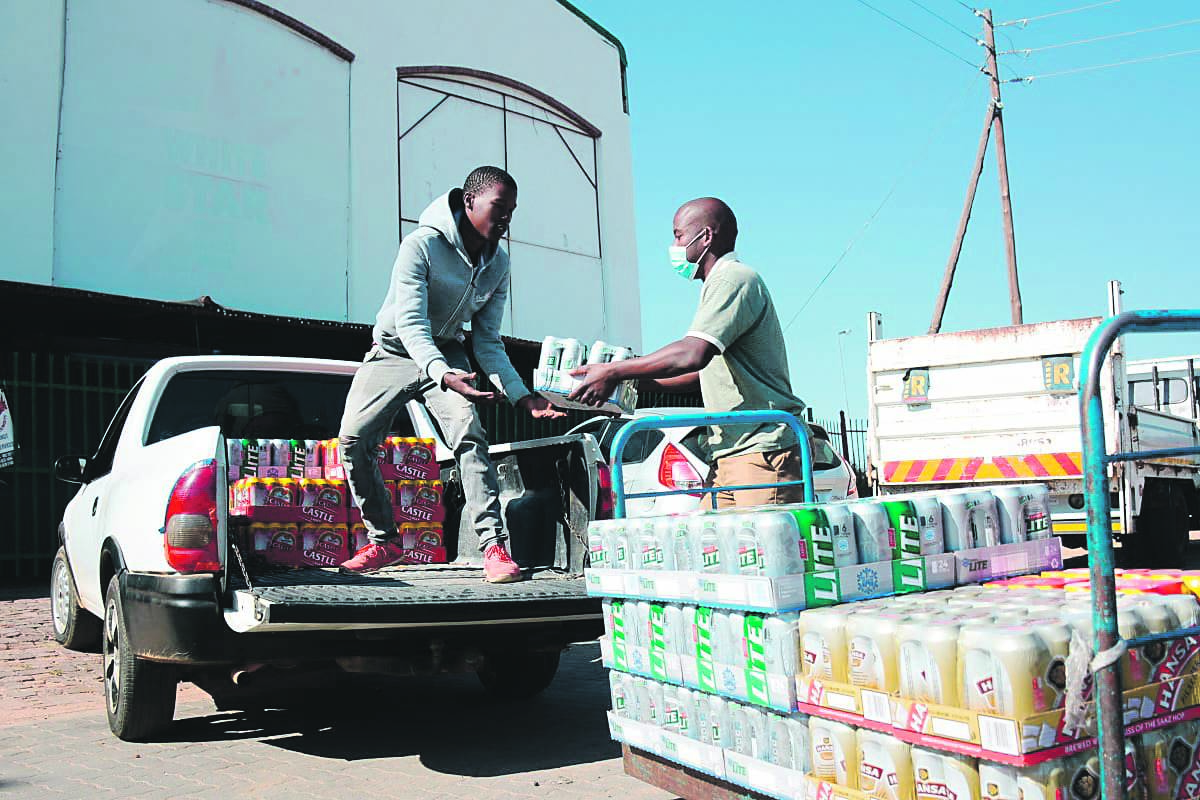
The incidence of trauma cases at five Western Cape hospitals declined sharply immediately after the liquor ban was reinstated on December 28.
The number of trauma cases at these hospitals increases markedly each time the regulations on the sale of liquor sale are relaxed, the province’s department of health has said in a new report.
Medical Research Institute researchers found that the restrictions on movement during the lockdown and the ban on alcohol had a dramatic impact on these cases.
However, according to actuary Nick Hudson, there is no “convincing evidence” that the liquor ban, rather than other restrictions, leads to fewer hospital admissions. He says this in an affidavit that forms part of the wine industry body Vinpro’s urgent court application to have the liquor ban lifted in the Western Cape, Netwerk24 reported.
And the Transnational Alliance to Combat Illicit Trade (Tracit), an organisation that deals with the illegal smuggling of liquor, says in a new report that a liquor ban does more harm than good.
The Western Cape department released its latest report on trauma surveys last week. It shows that there was an average of 95 trauma cases per week at five large hospitals in the Western Cape before the liquor ban was reinstated. After that, it decreased to an average of 43 this month.
The five are the George Regional Hospital, the Mitchell’s Plain District Hospital, Groote Schuur Hospital, Tygerberg Hospital and Heideveld Emergency Centre.
According to a report compiled by the department in June, trauma cases at these hospitals decreased by up to 50% after the first liquor ban was introduced at the end of March.
When the ban was lifted on June 1, trauma cases immediately increased by 62%.
The new report reads: “We normally expect trauma cases to increase at this time of year, but it appears that the recent restriction has kept them constant.
“There was a significant and sustained decrease in trauma cases after a total liquor ban was introduced. Since the introduction of the ban, trauma cases have been relatively low and have remained constant.”
The Medical Research Institute research has just been published in the SA Medical Journal.
The researchers, led by Professor Pradeep Navsaria, compared trauma cases at Groote Schuur Hospital between February and March (before the lockdown), April and May (strict lockdown) and June (when liquor sales resumed).
The number of trauma cases decreased by 53% during the strict lockdown, but increased in June to the same levels as before the lockdown.
The researchers found that most trauma patients in the hospital were victims of violence. They were treated for gunshot and stab wounds, as well as for injuries resulting from domestic violence.
During the strict lockdown, the number of patients treated for gunshot wounds decreased by 15%, but increased by 80% when the restrictions were relaxed.
Car accident-related trauma cases decreased by 74% during the strict lockdown and maintained a 32% reduction when it was lifted.
“Trauma incidents related to car accidents decreased in all three phases of the lockdown, while there was a significant increase in the treatment of victims with gunshot wounds when the lockdown was lifted,” the report reads.
The researchers believe the decline in patients injured in car accidents may be partly due to the fact that there were fewer cars on the roads and partly because fewer people were driving drunk.
The decrease in patients needing to be treated for violence-related injuries is attributed to the liquor ban, as well as the high visibility of the police and the army, and the fact that people were forced to stay at home during curfew.
The researchers believe that a ban on alcohol is not a viable option. Instead, they believe regulations should be introduced to control heavy drinking.
According to Tracit’s report, titled Prohibition, Illicit Alcohol and Lessons Learned From Lockdown, it was found that a liquor ban destroys the legal liquor industry, and leads to significant job losses and a huge loss of tax, while harming economic growth.
Anheuser-Busch InBev, the world’s largest brewery, and Dutch brewer Heineken are members of Tracit.
“It could take the alcohol industry years to recover from these losses, especially in a period when economic growth is mostly underperforming and unemployment is rising,” the report states.
Tracit estimates that 165 000 jobs were lost due to the first liquor ban in South Africa.
According to the organisation, the liquor regulations in South Africa and Mexico were counterproductive in trying to stop the smuggling of illicit alcohol “where the market share in illicit liquor has already exceeded the 20% mark”.
The case of Vinpro, which represents almost 2 600 wine producers and other role-players in the wine industry, will be heard in the Western Cape High Court in Cape Town on Friday.
| ||||||||||||||||||||||||||||||
 |




 Publications
Publications
 Partners
Partners










